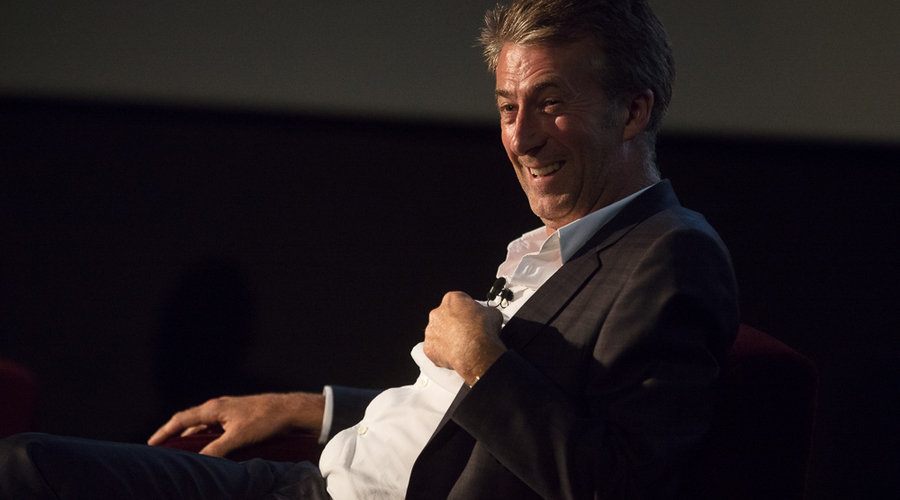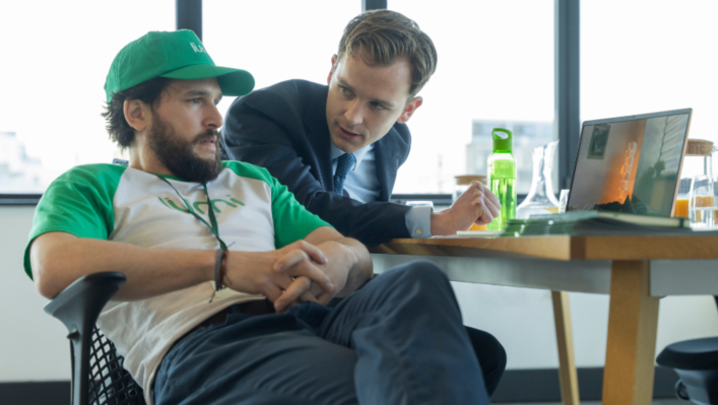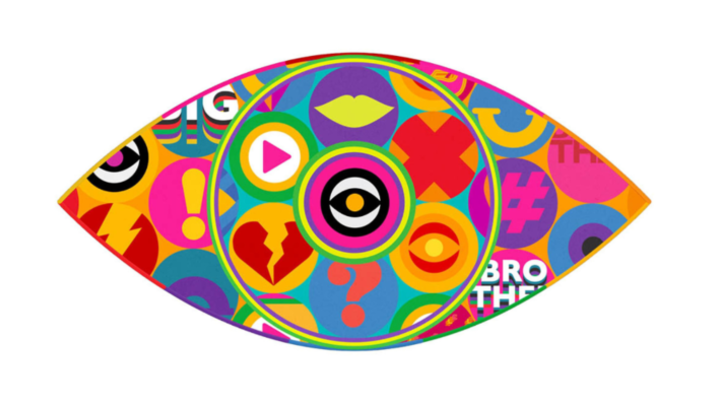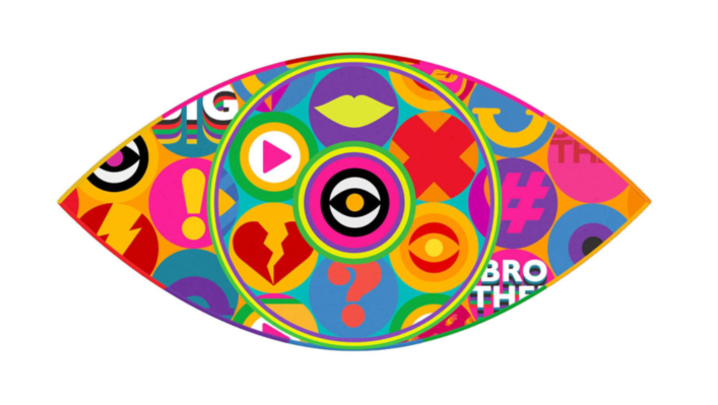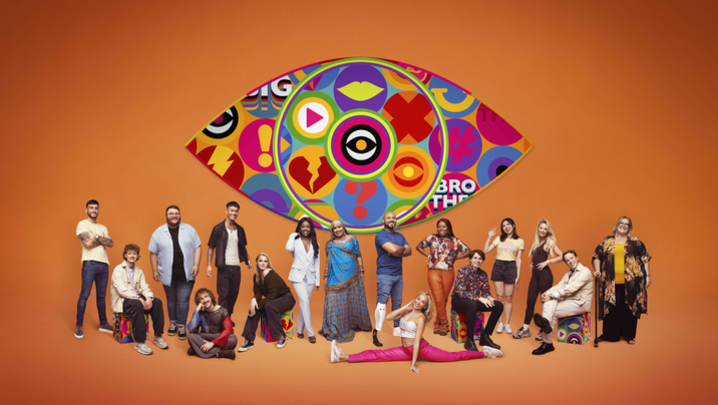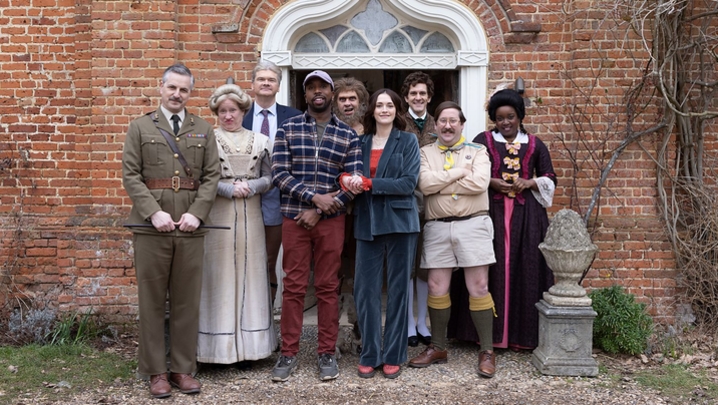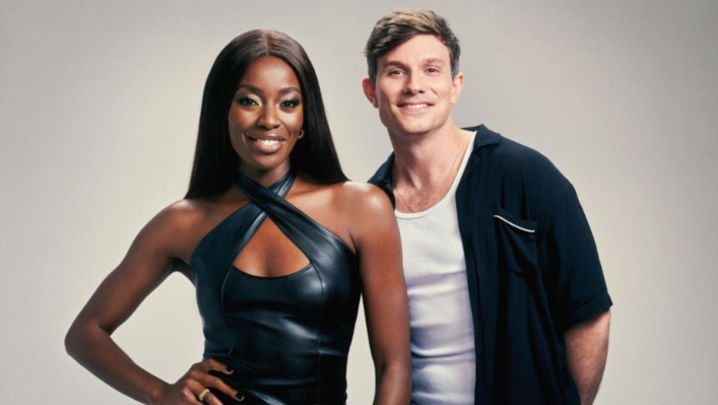Peter Salmon defended Big Brother, which is currently haemorrhaging viewers on Channel 5, rejecting the idea that the reality show should be rested in the UK.
“It’s only turning 18 now – I see it as having a pretty long life,” the Endemol Shine Group’s creative chief told the audience at an RTS event in early July. “Big Brother will be on in a bunch of countries and hopefully in the UK.
“If it’s not on its top form, we need to keep on changing it.”
At Endemol Shine, Salmon makes some of TV’s biggest shows, including MasterChef as well as Big Brother. “In a world where everything’s changing, the super brands and formats matter more than ever – they’re a calling card to viewers,” he said.
The indie is huge, bringing together 120 production companies, which make 700 titles in 50 languages. Its roster also includes hit dramas Broadchurch and Black Mirror. “It’s pretty lively at times – there are some big voices and big reputations,” said Salmon. “There’s a lot of outstanding talent.”
Crucially, before joining Endemol Shine in 2016, Salmon was promised by its boss, Sophie Turner Laing, that the company operates a “no arseholes policy”.
Salmon defined his role as one of “trying to safeguard the investment in and the room for creativity at a board level – to make sure that when the discussions are had in that room about what matters, that there is a loud enough creative voice.”
Discussing the programmes that copy Endemol Shine formats, Salmon said: “There’s not a week goes by that you don’t spot something.
“Now and then you’ve got to step up to the mark, take people on and contest some of this stuff because otherwise you end up being ripped off.”
At the RTS early evening event, Salmon also looked back over his long career at the BBC, which he joined as a trainee in 1981, working on shows that included Crimewatch and Newsnight, as well as Aardman animation The Wrong Trousers.
After spells at Channel 4 and Granada in the mid-1990s, Salmon rejoined the BBC in 1997 to take charge of programming on BBC One – at a time when the channel’s budget was under huge pressure.
“I was about 40 years old and I think there should be a law passed that says you can’t run big channels in television until you’re 50-something, have lived a bit more and developed an elephant hide. You are thrown into the fray,” he said.
Salmon recalled “the ructions of Saturday-night [programming] and “comedies that didn’t work”.
In 1997, Katrina and the Waves won the Eurovision song contest for the UK, which meant the country had to host the event the following year. “We went to Birmingham and it stripped £7m out of the BBC One schedule money – I had to play Blankety Blank on a loop that summer,” he recalled.
“It was a time when the cupboards were a bit threadbare in terms of finances,” Salmon continued, and a time when ITV was performing well with a new ratings juggernaut to play with. “Who Wants to Be a Millionaire? came in and I think it was the show that changed television.”
Salmon left BBC One to take charge of BBC Sport in 2000, winning back the rights to the FA Cup. But it was the launch of the TV charity, Sport Relief, that Salmon recalls fondly: “It was wonderful public service entertainment and now it’s raised £200m – it was a brilliant thing to have been involved in.”
In the latter stages of his time at the BBC, Salmon worked out of the corporation’s new Media City base in Salford. “The BBC’s role in shifting the cultural and financial balance across the UK is crucially important,” he said, noting the BBC’s investment in production in Bristol and South Wales, as well as Salford.
Briefly, before joining Endemol Shine last year, Salmon ran the corporation’s new programming-making division, BBC Studios. “They will be successful but it won’t happen overnight,” he said.
“The people who make Strictly, Watchdog, EastEnders or Glastonbury – they’ve got some shit-hot programme-makers – and they ought to be able to do a bit of damage to the broadcast production ecology, get a bit of business and hold on to a lot of their own business.”
“In conversation with Peter Salmon” was held at Picturehouse Central in London on 4 July. The journalist, Kate Bulkley, chaired and produced the RTS early evening event.

